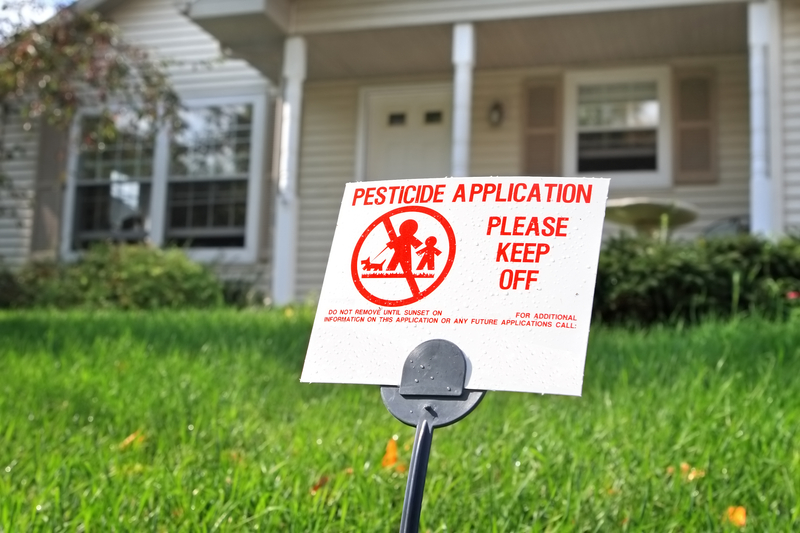Municipal Regulations Need to Become More Sustainable in Land Use Issues
Recently, the Township of Branchburg, New Jersey has taken a local homeowner to court over the planting of indigenous species including native grasses in a wet part of his property that adjoins a local stream that is a tributary of the North Branch of the Raritan River. Why?
Because a neighbor complained about the unsightly high grass as opposed to his neatly manicured lawn. In fact, this has progressed so far that the poor neighbor has had to retain a lawyer to defend what common sense defines as a logical and sound environmental practice.
In my opinion, it is the neighbor that should be taken to court. We know that manicured lawns require pesticides, fertilizers and regular mowing as maintenance.
All of these activities that are taken to make this “nice” lawn are known to cause massive amounts of pollution. Fertilizers run off into the water causing eutrophication and the depletion of oxygen. Pesticides cause obvious problems. Lawn mowing spews out air pollution at a rate greater than driving a car.
The gentleman with the natural plantings is reducing the need for chemicals and by not mowing what should be a natural area, is reducing air pollution. So again, the question is, why is he in court?
Without the specific case issues, the big picture is really what needs to be looked at here. The big picture is, there are still too many people who think that the only thing that is attractive is a wasteful, chemically dependent lawn.
This concept is so arcane that large corporations and institutions that understand sustainability have reduced their mown lawns. Indeed, Raritan Valley Community College was the first higher education institution in the state to be certified as part of the River-Friendly Business Program.
To become certified as River-Friendly, land owners must reduce their mowed grass areas and create natural habitat areas as a part of their overall sustainability program.
Our New Jersey Department of Environmental Protection has stated that by reducing the amount of grass by planting grass cover reduces the need for fertilizer, herbicides and pesticides.
There are numerous examples of businesses and schools that understand that the chemical dependent lawn needs to go through withdrawal.
I applaud this homeowner and wish him the best in his case. It is time that municipalities get a little bit of a backbone and stand up for what is right.

